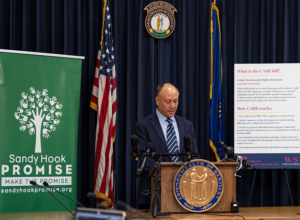Being a target of a hate crime or gun violence based on your religion or at your place of worship has become frighteningly more common in America. In fact, between 2014 and 2018, violence and hate crimes in churches, temples, mosques, and synagogues went up nearly 35%. People of nearly all religions have been murdered while practicing their faith. Christians, Hindus, Jews, Muslims, Sikhs, and others have been impacted by the rise in gun violence.
Bias and hate against any group can be a warning sign for violence. Our experts and researchers have found connections between bullying and gun violence. The risk is higher if a person targets differences in race, religion, gender, or sexual orientation. That can mean bullying or harassing someone with anti-Christian, anti-Muslim, anti-Semitic sentiments, or against another faith.
Why Is Gun Violence Increasing Against Religious Groups and People in Places of Worship?
People who commit gun violence against religious groups can have varied motives. Sometimes, people target these groups because they have negative beliefs about a religion or faith. In fact, extremism or fundamentalism can fuel these motives.
In some cases, political or social ill will has driven this violence. Without a doubt, ease of access to firearms can add to gun violence against religious groups. To help raise awareness and prevent violence, please read and share these facts.
Facts About Gun Violence and Hate Crimes Against Christians, Jews, Muslims, Sikhs, and Other Religious Groups.
- A shooter killed 26 people and injured 20 more at Faith Baptist Church in Sutherland Springs, Texas. It was one of the most deadly mass shootings in our nation’s history.
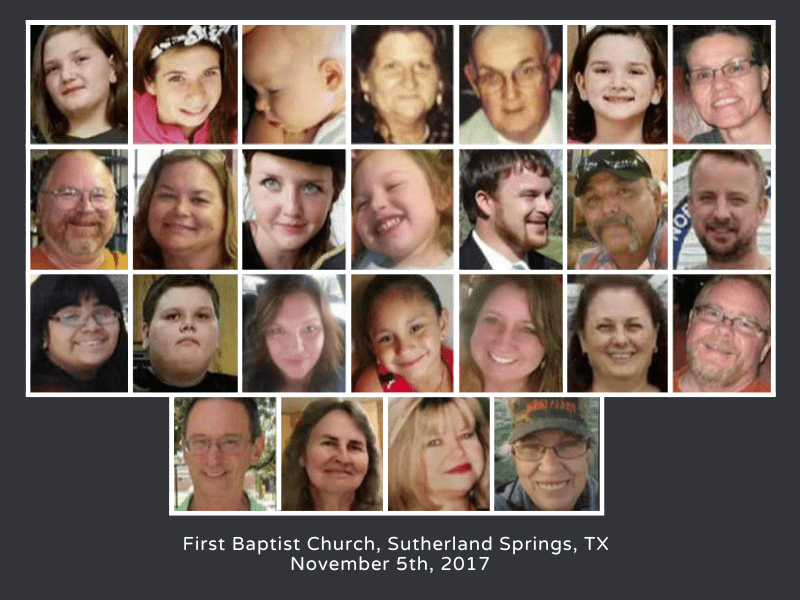
- Nearly 1 in 3 religiously motivated hate crimes were anti-Semitic and targeted Jews.
- At the Tree of Life Synagogue in Pittsburgh, a gunman murdered 11 people and injured at least six others. The murderer posted anti-Semitic comments on social media before the attack, a key warning sign.
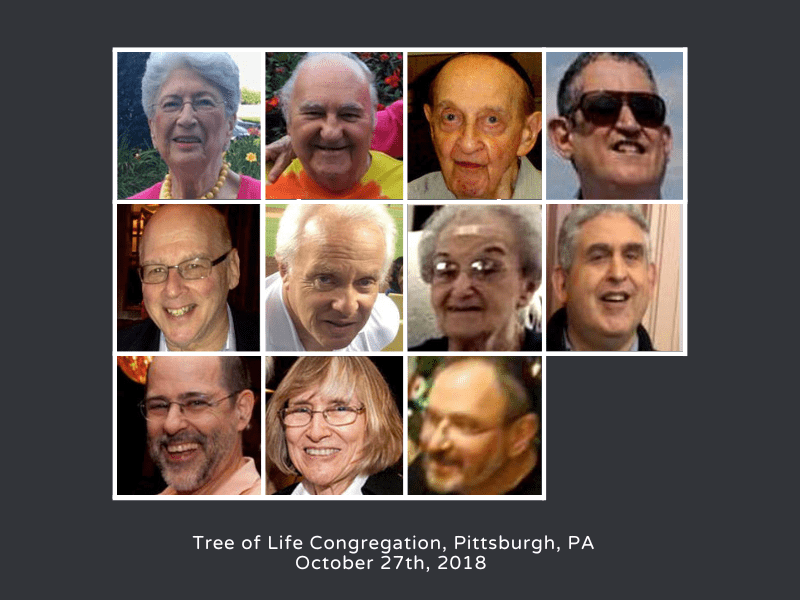
- One in 5 anti-religious hate crimes were anti-Sikh. Post-9/11 there has been an uptick in anti-Sikh violence. Turban-wearing was publicly tied to terrorism, despite members of the faith not being associated with the attack.
- A shooter killed 7 people at a Sikh temple in Wisconsin. According to several news sources, the gunman was a white supremacist with ties to violent organizations.
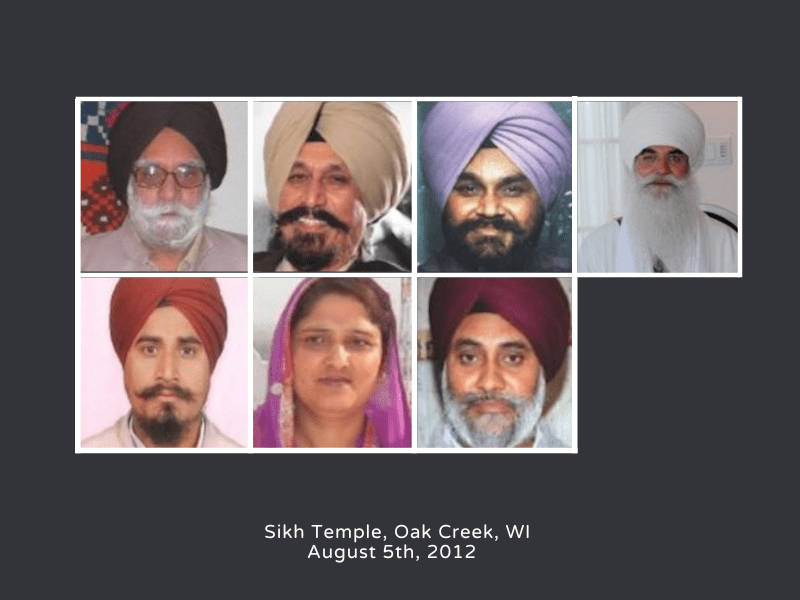
- Religious-based hate crimes impact all faiths. In addition to the anti-Semitic and anti-Sikh crimes referenced earlier, 9.5% of which were anti-Muslim, 12.6% were anti-Christian, specifically 6.1% were anti-Catholic and 6.5% were anti-Eastern Orthodox. In fact, the deadliest mass shooting in Arizona history was an attack on a Buddhist Temple, where nine people, including six monks, were slain.
- Racism and anti-religious views can also connect. In addition to racially motivated crimes, shooters have targeted people of color at their places of worship. Nine people were murdered in a historic Black church in Charleston, South Carolina.
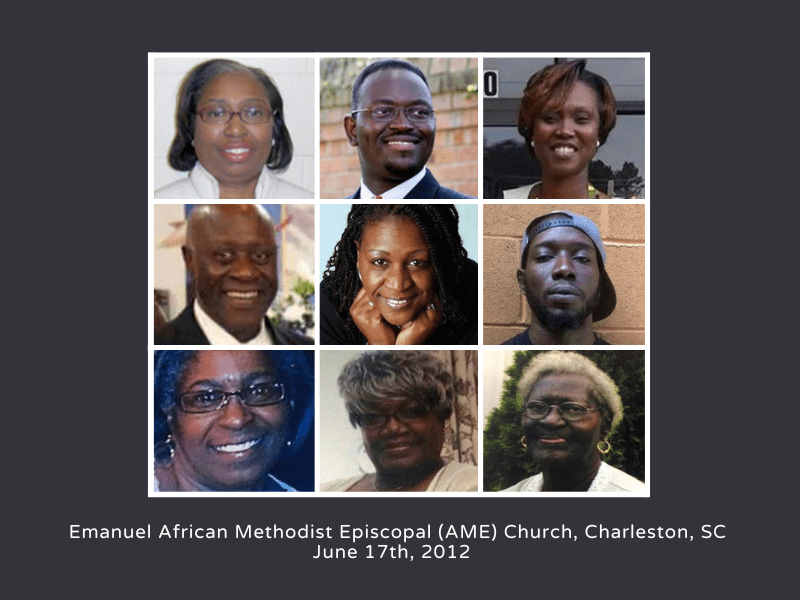
How You Can Help
Nearly all mass shooters showed warning signs. That means you can help prevent violence when you know the signs and how to get help.
Note: Lists of religion and groups are in alphabetical order and do not indicate any bias toward a particular group. If you have any feedback about this article, please contact us.

